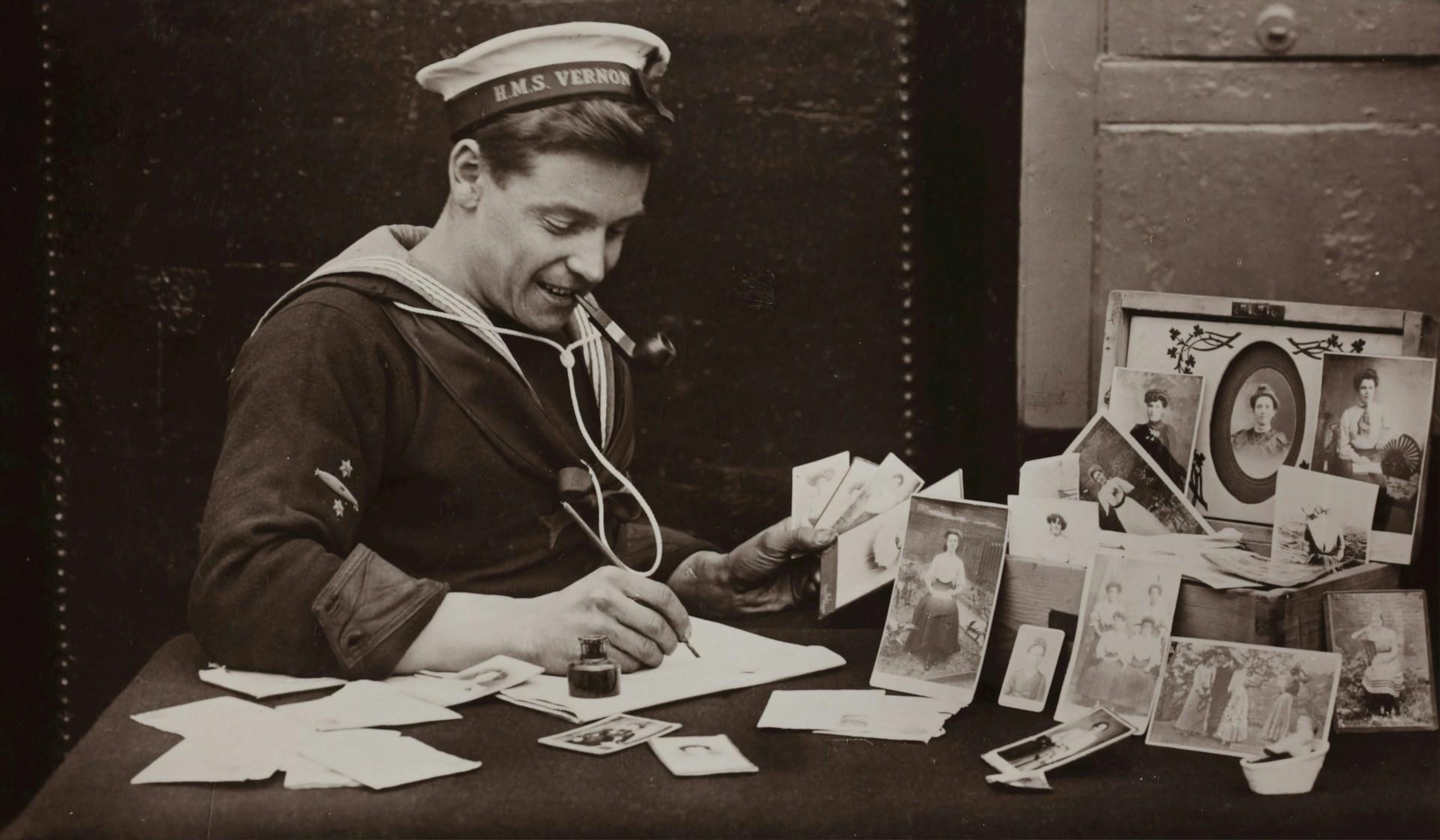In the first half of the 20th century, fashion was simply not a very English thing to do.
Mary Quant
That 20th Century British fashion icon is only partly right. The fashion industry, as we know it today, was decidedly un-English. However, society matrons were avid fashionistas, with a style that all other matrons aspired to. Fashion couldn't be an in-your-face affair like it is today, what with everyone keeping calm and carrying on.
Mary Quant arrived in this world in 1930, during what we define as the interwar period. The first World War (1914-18) devastated the British economy, and raised class consciousness. The Great Depression (1930s) made things worse, and then the country rolled into another global war. 20th Century Britain was a powder-keg, which these events threatened to ignite:
- Edward VII takes the throne; becomes the first Constitutional monarch
- Great Britain declares war on Germany and the Ottoman Empire
- Great Britain enters the Second World War
- Austerity, Thatcherism, and waning global power

20th Century Britain Timeline
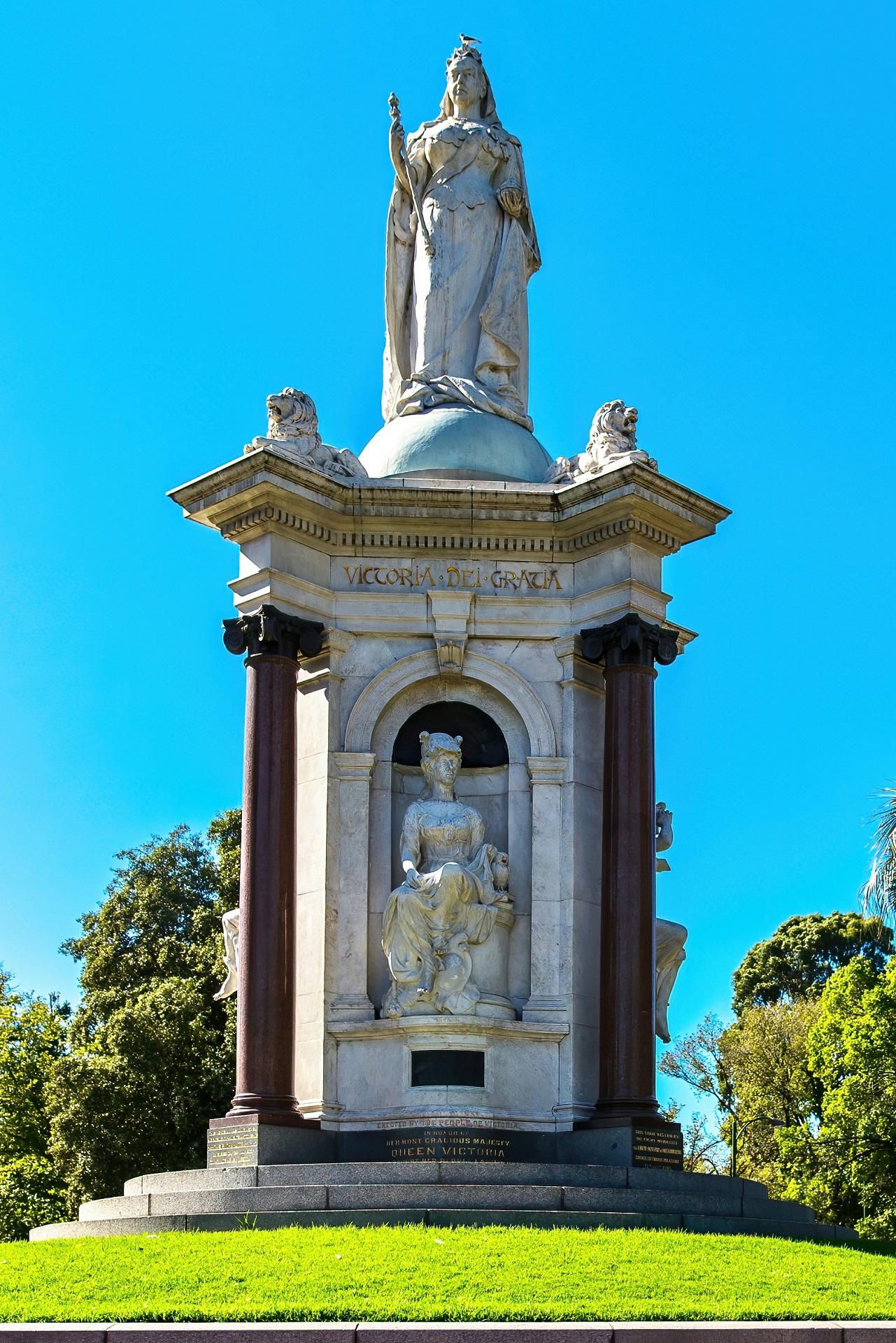
Queen Victoria went on to her reward in 1901. Her reign defined the Victorian Era, a period celebrated for its inventions. These Victorian innovations helped Britain take great strides towards becoming a modern, progressive country.
From then until 1910, everything remained more or less stable throughout the country, though some political and social turmoil flared. That year proved to be a tipping point - in politics, social reform, and in the United Kingdom's place at the top of the world's power structure.
Here's what happened:
1901
Queen Victoria passes; Edward VII takes the throne
The kingdom suffers its first-ever Constitutional crisis
1903
The Labour Party breaks into politics
The Lib-Lab pact makes this possible
1904
Britain and France sign Entente Cordiale
Peace in Anglo-French relations, after centuries of rivalry
1912
Establishment of the Royal Flying Corps
RMS Titanic sinks on its maiden voyage.
1914
Britain declares war on Germany and the Ottoman Empire
1918
First World War ends; Royal Air Force is founded
RAF becomes the world's first independent air force
1919
Nancy Astor: first woman to serve in Parliament
Women over 30 were granted the right to vote the year before
1922
Britain launches the British Broadcasting Company (BBC)
1928
Alexander Fleming discovers penicillin
Women are granted the same voting rights as men
1936
Edward VIII takes, then abdicates the throne
His is the kingdom's first-ever abdication
1939
The Second World War
Britain engages in September
1945
Second World War ends (Europe)
Britain helps found the United Nations
1947
India gains independence
The beginning of the British Empire's wane
1952
King George VI passes; Queen Elizabeth II takes the throne
"But, that's only a half-century!", you might splutter, and you'd be correct to point that out. A lot happened from 1952 onwards - Prince Charles and Lady Di, miners' strikes, and the Aberfan Disaster, among them.
As momentous as they were, those didn't have the reach that comparable events during Tudor Britain had. The impacts of World Wars I and II were far greater, so we must talk about them in detail. That, and life in pre-war Britain, to set the stage. We devote this article's last chapter to a summary of post-50s events.
From Absolute to Constitutional Monarchy
From the Viking era in Britain, and through the Victorian Era, the monarchy was absolute. That means that the monarch held all the political power. The most dramatic - and obvious, instance of such was the English Reformation.
King Henry VIII, the Tudor monarch, grew dissatisfied with the Catholic Church. Beginning in 1529, he issued a set of proclamations that divorced him from any obligation to the Pope and his teachings. His defiance led to one of the most egregious power grabs in civilization history.
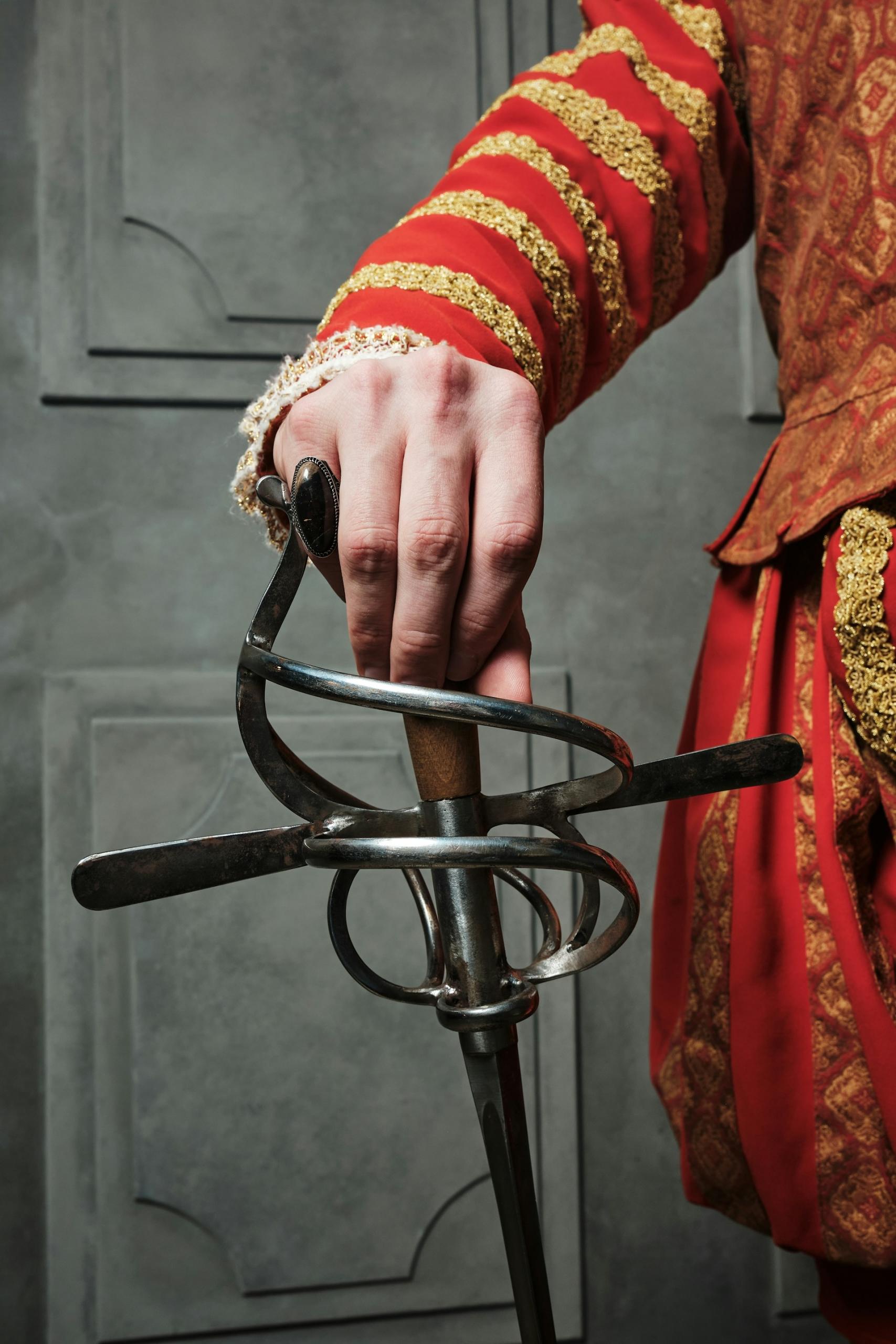
The King will be "the only Supreme Head on Earth of the Church of England".
This illustrates the absolute power monarchs claimed for themselves. All that changed in 1909, when King Edward VII plunged the UK into its first-ever Constitutional crisis.
The King supported a 'People's Budget' that the House of Lords refused to pass, even at his insistence. This budget proposed hefty taxes on wealth and landholdings, to fund social programmes. The House of Commons approved of the initiative, as did many other influential politicians, including a young Winston Churchill.
The first attempt in British history to end wealth inequality.
That explanation makes it easy to see why the Lords opposed it. Still, it became law one year after this debacle (in 1910, a few weeks before Edward VII died).
This incident marked the first time since the Tudor period that the polity opposed the monarch. It's how Britain's transition from absolute rule to a Constitutional monarchy began.

Britain at War
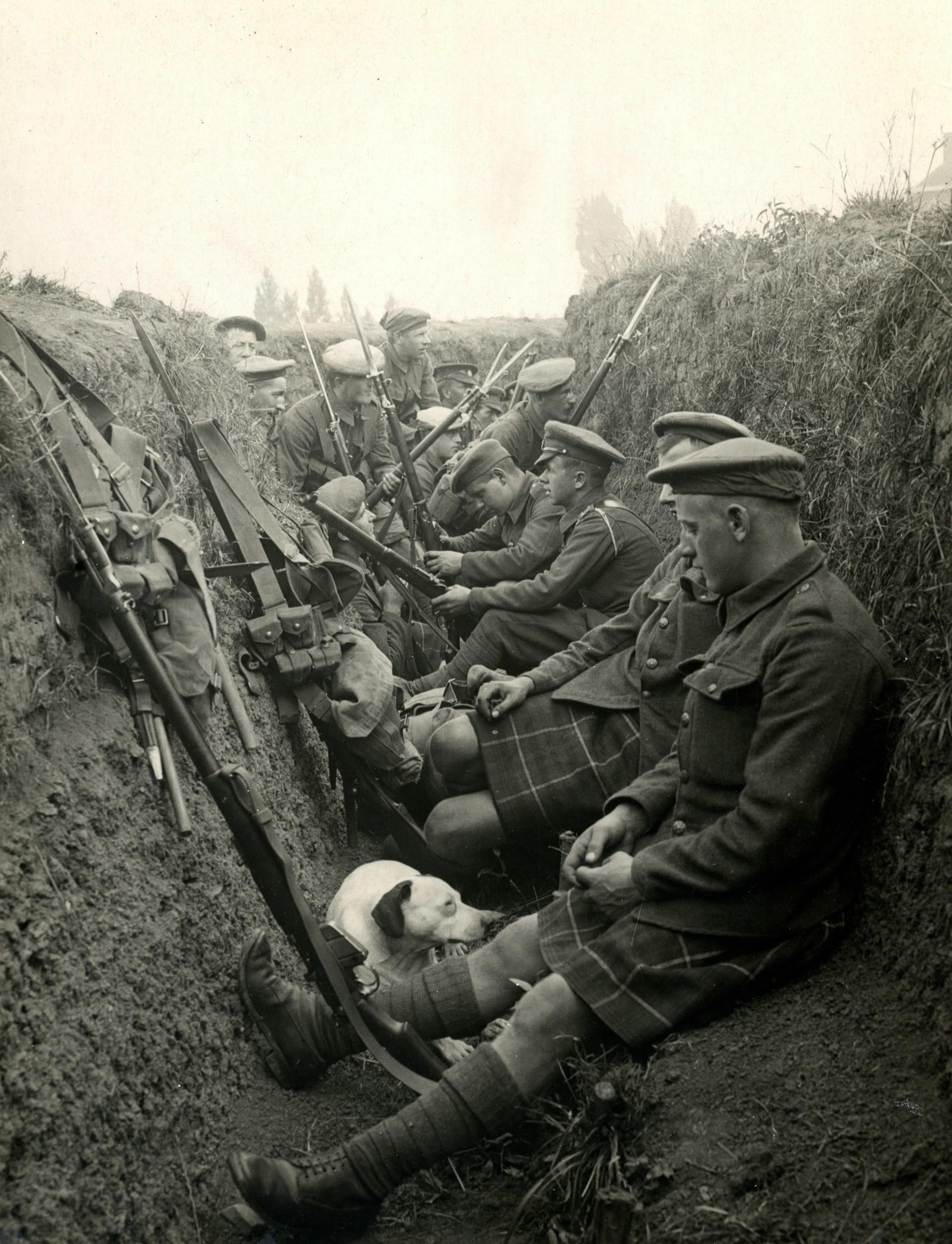
Historians disagree when, exactly, Britain became an empire. However, we can say that she fought valiantly to maintain and expand it. Those conquests and conflicts formed the backdrop of British life, without much direct effect on the population. Save for those involved, like these soldiers.
The First World War broke that pattern. Germany attacked Brussels, in 1914. Britain had pledged to protect Belgium's neutrality and so, demanded that Germany withdraw.
Getting no response, British leadership formally declared war on Germany in August of that year.
The British Empire had long resented the Ottoman conquests in what they called the Near East.
In November 1914, Britain declared war on the Ottomans. Now fighting two wars, the Empire needed every able-bodied fighter and every resource it could lay its hands on. Our lands weren't left untouched, either. Air raids threatened every life - young and old, male or female.
Historians agree that the Medieval British era was one of our country’s most violent periods. Disputing such is out of the question. However, the harsh realities of Medieval Britain might be countered by arguing that the First World War was more psychologically damaging.
World War 2 UK
In 1979, Pink Floyd released their musical epic, The Wall. It became one of the world's most renowned concept albums, and the best-selling double-album of all time. The story revolves around the protagonist's lifelong trauma from growing up during the Second World War.
It demonstrates well the psychological distress Britons experienced as the bombs fell during the First War. And, during the second one, too.
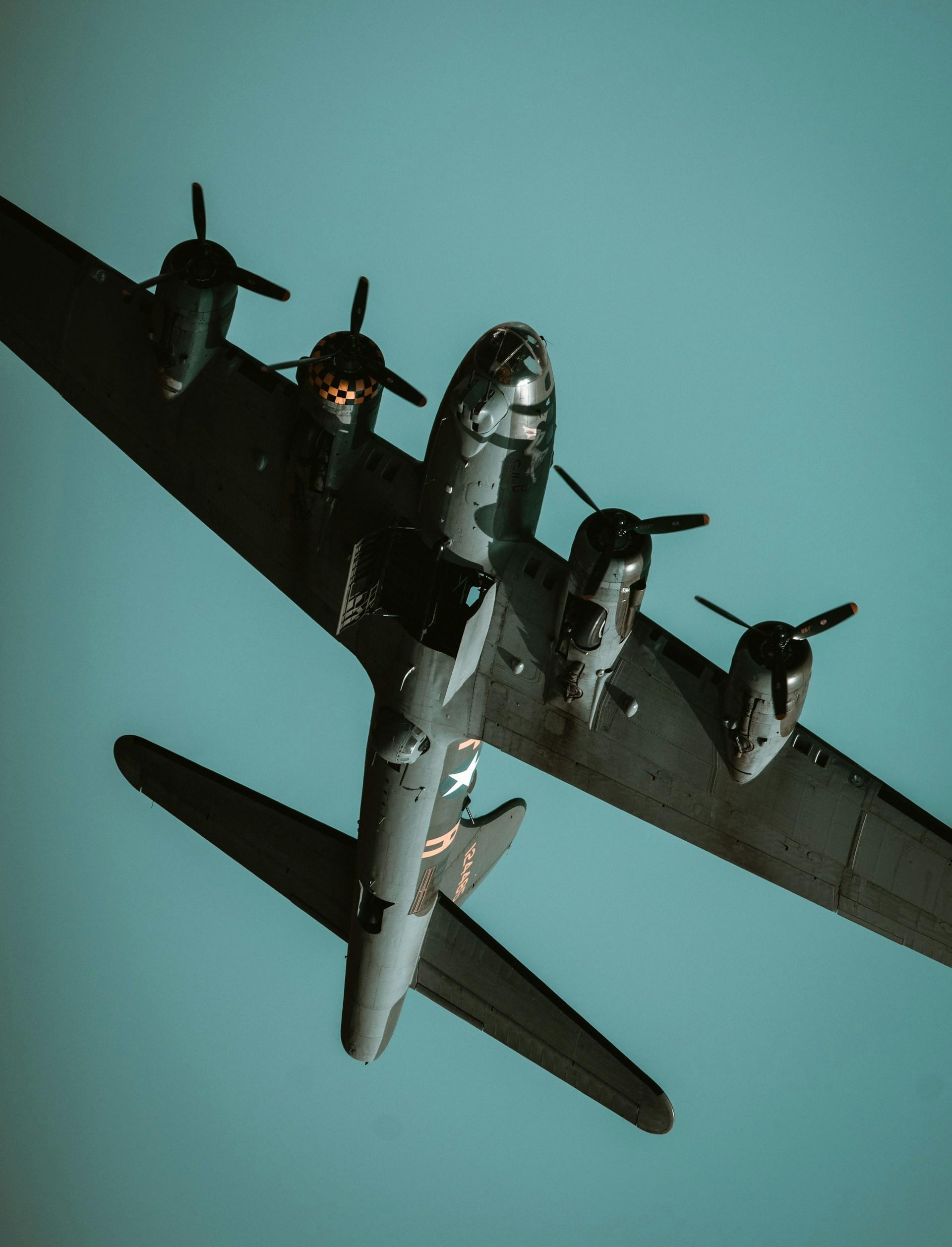
One doesn't get through some 40 000 tons of bombs dropped on their country unscathed. The World War 2 UK Blitz crushed civilian morale. But, we're getting ahead of ourselves. We must first share how Great Britain drew itself into the conflict.
It has been said that history repeats itself. This is perhaps not quite correct; it merely rhymes.
Theodor Reik
Mark Twain falsely gets credit for this truism. It rightly belongs to Theodor Reik, a German psychoanalyst who, himself, lived through both world wars. In coining that phrase, he might have described Britain's motivations for joining those wars. They were more than rhymes; they were echoes of one another.
In 1914 and 1934, Germany invaded a foreign land. In both instances, Britain requested their withdrawal, which Germany ignored.
Both times, the Entente Cordiale (1904) the UK enjoyed with France compelled us to join the fighting. However, pinning the blame solely on our neighbours doesn't tell the whole story.
At the time, Great Britain commanded the world's most powerful navy. As of 1918, our arsenal included air power; the RAF was the world's first-ever independent air force. And, we had empire - with all the hubris that might accord.
If Great Britain didn't quite know which way to turn after its Constitutional crisis, it became lost in the Blitz of World War 2 UK. These back-to-back wars, that sandwiched the Great Depression, shattered the very concept of Britishness. The Blitz itself was one of the most defining moments in British history.
20th Century Britain: Postwar
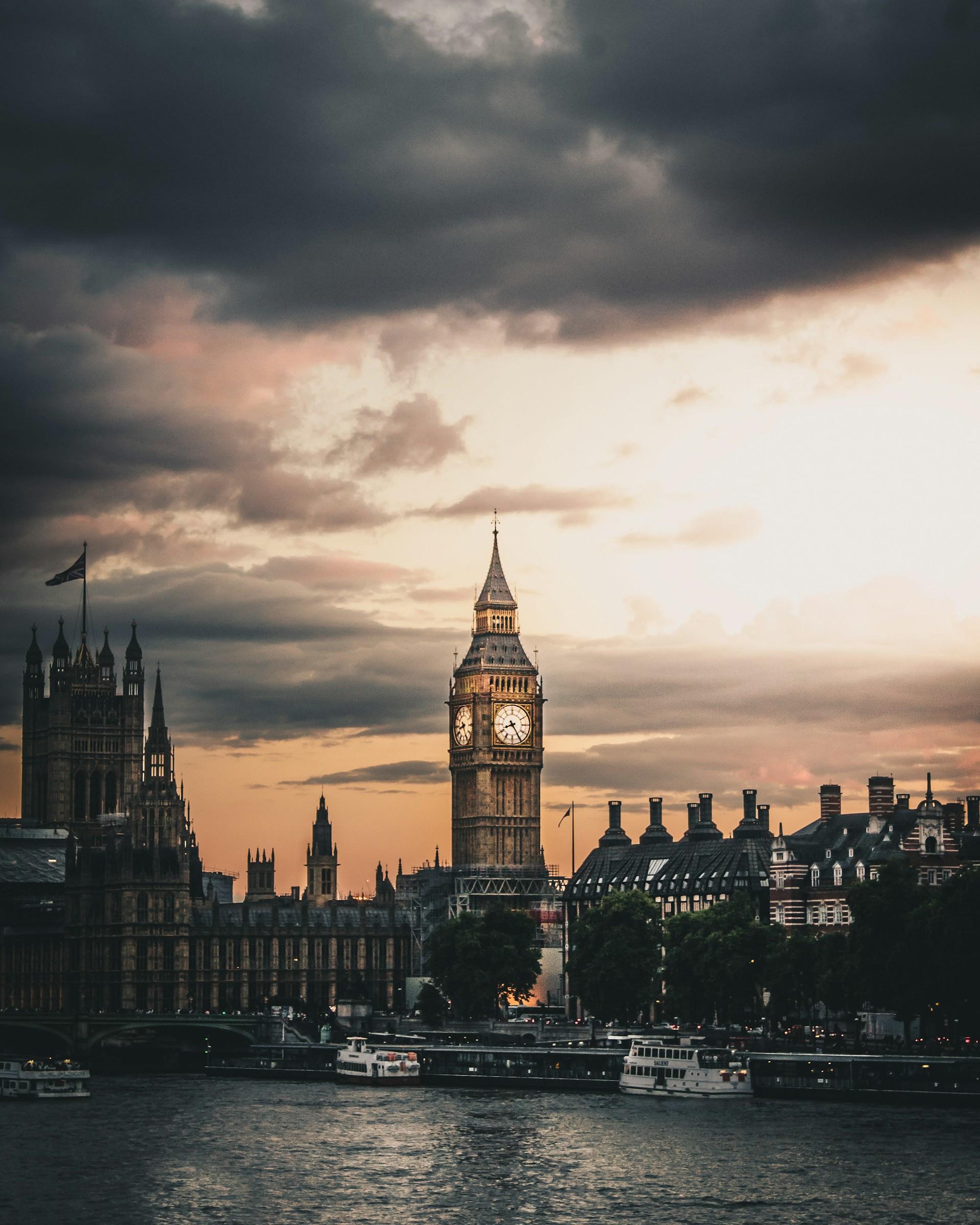
In the aftermath, what could Britons do but rebuild and carry on? The average citizen had little energy left to care about crises at the Suez Canal (1956), or the loss of empire (ongoing since roughly 1917). They were making do under austerity (late 40s to mid-50s), and hoping for a better future.
A few bright spots made things bearable, in the war's aftermath. We celebrated our Queen's ascension to the throne (1952-53), and rejoiced at having a National Health Service (NHS - 1948).
At least, our war wounded could receive treatment at no cost; so could everyone else. We had our share of tragedy, too. The Great Smog (1952) and Aberfan (1966), of course. But also The Troubles (1960s-90s), and Lockerbie (1988).
There is no such thing as society.
Margaret Thatcher
This Prime Minister (1979-90) was remarkable, not the least for being Britain's first female in the role. What truly made her stand out was her reversal of social policy. Her initiatives inverted the very principles that caused Britain's first Constitutional crisis, at the start of the century.
Thatcherism set the stage for all the events modern Britain endured. Waves of privatisations, and undercutting labour unions' power. Deregulation and increased taxation. The Euroscepticism that ultimately fuelled Brexit. These are all Margaret Thatcher's legacy.
Résumer avec l'IA :

